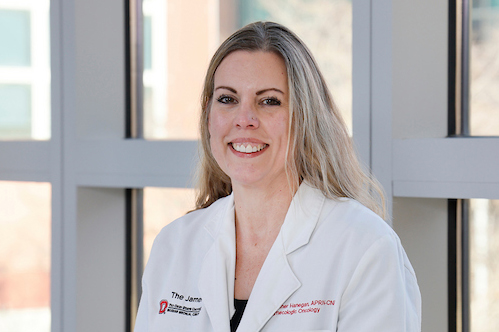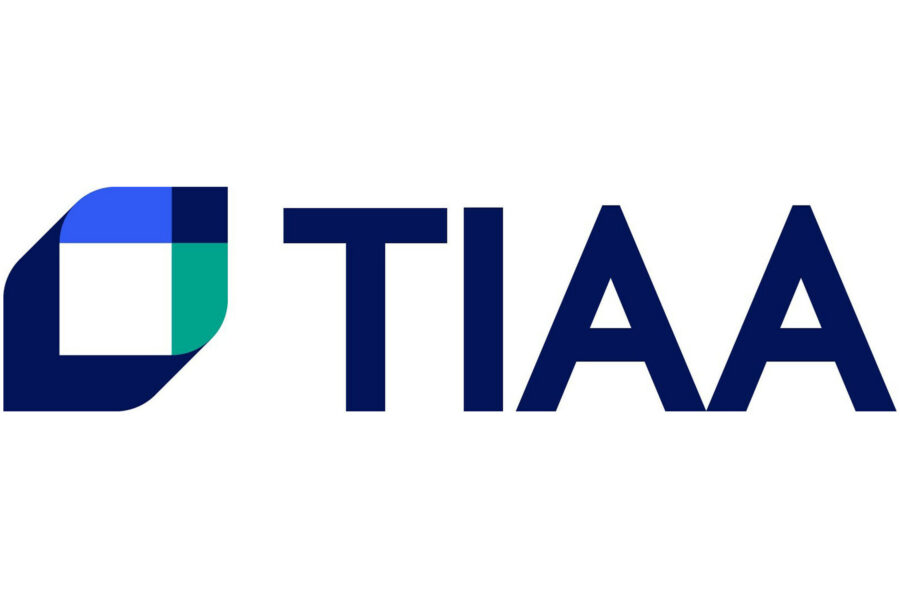
“Why did you get into healthcare?”
“Why are you giving patient care?”
The answer I typically hear is, “I care. I want to serve people.”
What impresses me about this is that in addition to our caring, people seldom come up with the question, is it the caring and the service that keeps our patients alive and providing excellence in care, or is it our science? When we talk about sustaining our calling, so many times people are called to a healthcare career because of a personal experience.
There are 3 key pieces in helping you identify your calling:
- What is your significant purpose? What do you really think you’re going to accomplish at the end of a day and in your career?
If you look a little bit at your significant purpose, if you’re in this because you want to give back, that’s great. If you’re in this because you love the science, if you’re in this because you like the adrenaline rush and you see it on TV, that’s great. If you as an individual start in your career and you have not sat down and said, “What is the purpose? Why am I really here? What do I want to accomplish at the end of the day?” You’ll find yourself being driven into things that aren’t really connected to that.
- What are the values that drive you there?
Our significant purpose tells us what we want to do. Our values tell us how we want to do it.
I think that honesty, integrity, follow through, accountability, and humor are the values and attributes of individuals in healthcare. We all need a little bit of humor because if you can’t laugh, you’re going to cry all day because healthcare has hard moments.
- What is your picture of the future? How can you make a difference?
People’s lives depend on us every single day. And that is overwhelming. Quality, safety and life-long learning are key. Always be thinking about making that next step.
Everyone who wants to really sustain their calling needs to look at these three elements. Because if you don’t have a significant purpose, you’re just floundering in, ‘I just care. I want to be here.’ Well, it’s hard work. It takes its toll. Being a caring individual every day all day, it completely empties your bucket, as they say. You can’t give, and give, and give, and not figure out why and how you give back to yourself.
There are times when you will be challenged in your values. Integrity is easy on paper. Integrity isn’t always easy when you’re the person advising somebody. Temptation is going to be there. If you don’t have a clear picture of where you want to be, your career will happen to you.
People don’t have the opportunity to write their own obituary, but we can write our career obituary. We can write how we want our professional story to be told, and that’s how you maintain your calling. Because you have your purpose, you have your values, and you know your picture of the future. That helps you to know how you’re going to sustain why you got here, how you’re going to do it, and what you’re going to accomplish at the end. I think that’s probably to me one of the most powerful things that we can do.
– Terry Anderson, EdD, MSN, NE-BC ’81, ’83, ‘87




